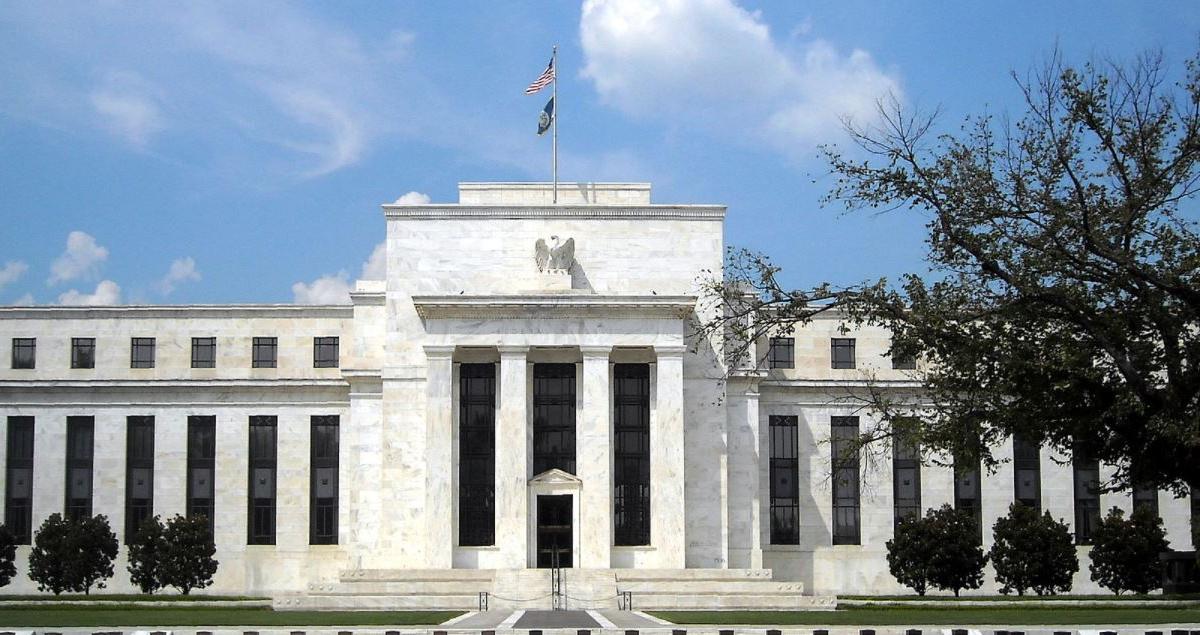Why Censorship Advocates Are Obsessed with Stories about Yelling “Fire!” in a Theater
If one boldly asserts the importance of the right of freedom of speech, it is almost inevitable that another will respond with one of the most common apologetic arguments for the government limitation of speech, “But you can’t yell ‘Fire!’
Speech Isn’t a “Threat” Just Because a Government Official Says So
Speech doesn't become a "threat" just because a government official calls it that. Yet the National School Boards Association (NSBA) got the Justice Department to open an investigation after labeling parents' speech as "threats and acts of violence" when it occurred in controversies over "critical
Why Some People Are Poorer
Throughout history, until about the middle of the 18th century, mass poverty was nearly everywhere the normal condition of man. Then capital accumulation and a series of major inventions ushered in the Industrial Revolution. In spite of occasional setbacks, economic
Is Solidarity a Good Thing?
In his book Let’s Have Socialism Now! (Yale University Press, 2001), the French economist Thomas Piketty places great emphasis on “solidarity,” and his opposition to the free market rests to a large extent on its conflict with that purported value. In
Central Banks and Socialism Are Forever Linked Together
It is well known that socialism is a shortage economy. It is the economy of inefficiency and corruption, of indifferent workers and of bigwigs, of lacking spare parts, of lacking funds, of failure, of permanent reform needs and of constantly
Understanding Money Velocity and Prices
The yearly growth rate of US's "Austrian money supply" jumped by almost 80 percent in February 2021 (see chart). Given such massive increase in money supply, it is tempting to suggest that this lays the foundation for an explosive increase in the
Rothbard: With Interest Rates, “There Are Two, Opposite Causal Chains at Work.”
Editor's Note: Interest rates and inflation are certainly connected to efforts on the parts of central banks to loosen and tighten the money supply. These relationships, however, are much more complex than many people suppose. As we've seen in recent
What Spooner Can Teach Us in Our Age of Neofascism
Mises Wire readers are probably familiar with nineteenth-century American proto-libertarian Lysander Spooner (1808–87). Spooner’s radical challenges to statism are best summed up by the title of Murray Rothbard’s edited collection of Spooner’s greatest writings: Let’s Abolish Government. Spooner was a great American, an
About Your Proposal for Better Payment Arrangements: Does it Pass the Market Test?
Many economists acknowledge that ordinary private goods and services need to “pass the market test”—generate revenue in excess of expenses—to show that consumers’ benefits (revealed by a willingness to pay) exceed producers’ outlays. But they make an exception when it
Three Things the Fed Must Do to Normalize Bond Markets
By late in the second decade of the twenty-first century, we could say that the long-term US interest rate market had been dysfunctional for a long time. We could identify the starting point as being the immediate aftermath of the










